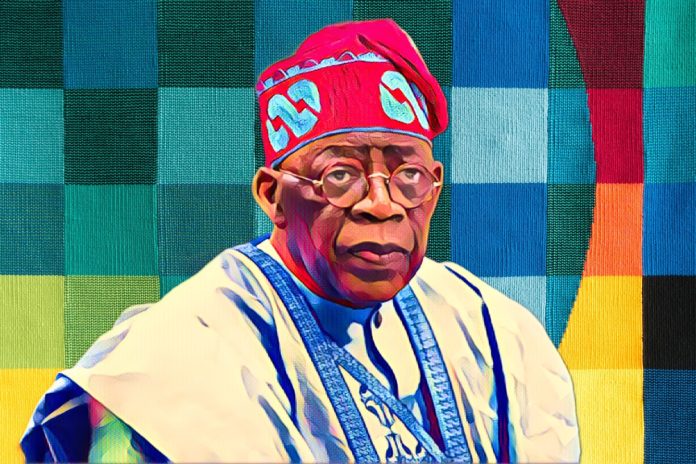Key Points
-
Tinubu’s economic reforms worsened poverty, unions say.
-
Labour dismisses APC’s defense as tone-deaf and elitist.
-
Unions call for people-focused policies and economic accountability.
President Bola Tinubu’s administration is facing sharp criticism from the Nigeria Labour Congress (NLC), which accuses him of inflicting deeper hardship on Nigerians through poorly implemented economic reforms.
In a strongly worded statement during Tinubu’s two-year midterm anniversary, NLC President Joe Ajaero said the president’s policies, particularly the fuel subsidy removal and naira devaluation, have pushed over 150 million Nigerians into multidimensional poverty.
“Far from renewing hope, Tinubu’s economic reforms have recycled the same failed neoliberal experiments of past administrations,” Ajaero said.
“Families are skipping meals, businesses are closing, and transportation costs have surged.”
He cited hyperinflation, wage stagnation, and worsening security as clear indicators that the policies have failed ordinary Nigerians.
While Tinubu highlighted rising external reserves and infrastructure investments during his national broadcast, Ajaero argued that statistical progress is meaningless without improvements in people’s lives.
APC defends Tinubu’s policies, blames Labour for politicising reforms
The All Progressives Congress (APC) fired back at the NLC, accusing the union of making politically motivated statements.
Dr. Ijeoma Arodiogbu, the APC’s South-East National Vice Chairman, dismissed the NLC’s critique as shallow and unprofessional.
“Their evaluation lacks objectivity. They ignored key economic indicators and made marketplace-style comments,” he said.
Tinubu’s supporters point to economic stabilization efforts, including the Presidential Compressed Natural Gas (CNG) initiative and cash transfer programs, as signs of genuine progress.
Despite this defense, labour leaders argue that these interventions are inadequate given the scope of the crisis.
“The CNG buses are welcome but limited. Transportation chaos and food inflation still dominate everyday life,” said Chris Onyeka, NLC’s Assistant General Secretary.
Critics urge people-first approach amid growing insecurity and hunger
Labour unions across Nigeria say Tinubu’s economic reforms lack empathy and fail to prioritize the people.
They claim the policies benefit foreign creditors and local elites at the expense of the poor.
“We’ve seen this IMF-backed script before: subsidy removals, currency devaluations, and more promises. None of it has ever worked,” said Ajaero.
Union leaders from states like Kwara, Kaduna, Benue, and Imo also slammed the government for unpaid wage awards, minimum wage disparities, and growing insecurity.
“You cannot declare the worst is over when kidnappings, hunger, and joblessness are still rampant,” said Sunny James, the Akwa Ibom NLC Chairman.
Trade union leaders added that the only sustainable path forward is a shift toward production-led economic growth, not consumer austerity.
“We must subsidise production, not just consumption,” said Gbenga Ekundayo, TUC Lagos Chairman.
They also challenged the President to offer tangible results, not rhetoric. “If things are improving, Nigerians should be able to feel it—not just hear it in speeches,” said Saheed Olayinka, NLC Kwara State Chairman.



